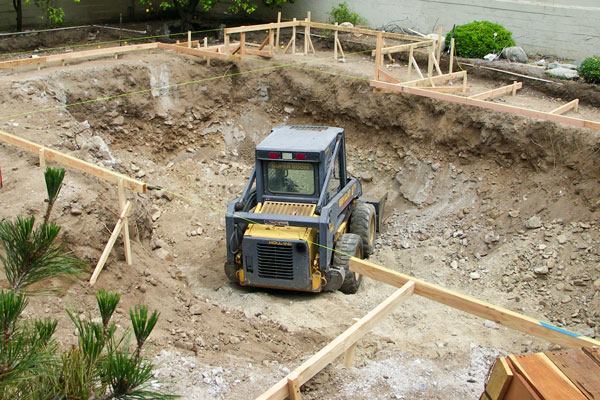The district attorney’s office in one Southern California county is using new strategies to find illegal pool contractors, and has made one arrest so far.
In January, the Riverside County DA charged Michael Silverberg, owner of United States Pools Corp., with fraud.
Silverberg is accused of reporting service technician employees as independent contractors to avoid payroll taxes and workers’ compensation insurance premiums. He also is charged with failing to report his construction employees on his workers’ compensation policy.
An 11-month investigation showed that the Palm Desert, Calif. business owner caused approximately $567,000 in losses to various agencies and insurers, according to the Riverside County district attorney’s office. If convicted, Silverberg faces up to 16 years in prison.
The agency expects to charge other pool and spa contractors with similar crimes in the near future, said Deputy District Attorney Michael Mayman of the Insurance Fraud Division, who is prosecuting in the Silverberg case.
“We have ongoing investigations of numerous swimming pool contractors,” he said.
Members of the team are using several strategies to gain leads on contractors who may be operating illegally. For example, they will sit outside supply houses and observe how much material and products the contractors load in their trucks. The investigators can tell, based on the amount of supplies purchased, how much business the company is doing and, by extension, how many workers they should have reported for workers’ compensation.
“That will tell me how much money they should be spending on labor,” Mayman said. “It’s not a tough formula. It’s roughly one to one: For every dollar spent on supplies — lumber, gunite, wire, tubing — there should be an equivalent dollar in salary.”
Investigators also utilize helicopters or check Google Earth to see where pools are located, so they can drive around the areas in search of pool-service trucks. “They’ll see if they have signs [on the trucks], and if they don’t have signs, we’ll run the plates and take it from there,” Mayman said.
They also may interview homeowners to gain information such as who cleans their pools, how much they pay and how many technicians show up to do the work. If a service firm seems suspicious, officials may then investigate to see how many contracts it has, find the company’s bank accounts and check to see what the company pays in taxes and insurances.
“It is a lot of work, but so much money is being lost in tax revenue and workers’ compensation revenue in Riverside that the honest employer is being forced out,” Mayman said.
The group is not only investigating pool builders and service companies, but also subcontractors such as gunite firms, plumbing and electrical contractors.
Industry professionals are glad to see such actions being taken. “It is definitely the right direction,” said Mike Geremia, chairman of SPEC, the industry lobbying group for California. “There really is no other way of doing it from the outside to get a grip on it.”
The underground economy has reportedly run rampant, resulting in price competition that is barely manageable for those companies that pay all their taxes and insurances. “I’ve seen contracts that are 20 percent below my cost,” said Steve Hanousek, vice president of construction at Master Pools & Spas in Palm Desert.
Currently, bills have been introduced in the state to address the underground economy. One targets the practice of lending out licenses to a contractor who doesn’t have one, while another proposes disciplinary action for license holders who don’t directly supervise and control operations. A third bill requires agencies involved in enforcing licensing law to exchange information and coordinate activities.
This legislation, composed mostly of placeholder bills that need fleshing out, is designed to enable enforcement of already existing laws. “We don’t really want a lot more legislation. We just want enforcement,” said Geremia, also president of Pool & Spa News Top Builder Geremia Pools, based in Sacramento, Calif. “The laws are on the books — they always have been — so it really doesn’t need to be overlegislated.”
Geremia and others derive hope from the continuing collaborations among agencies to catch contractors working illegally. “They’re being allowed to share information across departments,” he said. “Because of privacy issues, there were walls built up to prevent that. Those barriers are now being broken down.”
Additionally, he reported, more investigators are being hired by the Contractors State License Board and other agencies that had been dealing with hiring freezes the past couple of years.
